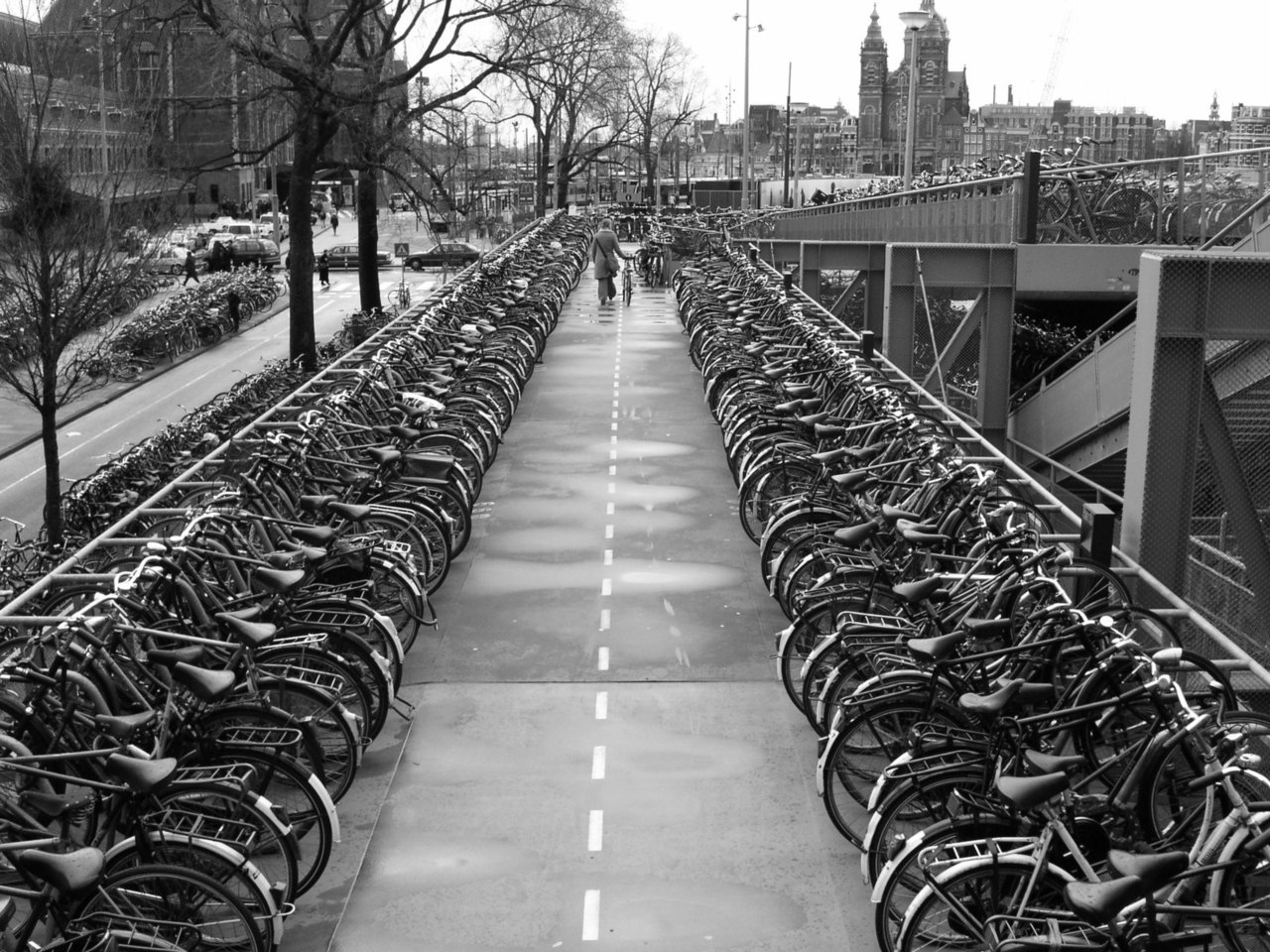Originally published in Coffee Party USA
Debilyn Molineaux, Coffee Party USA
My working life is dedicated to bringing people of various backgrounds and experiences together to have meaningful conversations. For me, this is my contribution to our country, because I see the possibility of responsible governance where people are nice to each other. People who like each other are more likely to be respectful. I’ve experienced and witnessed the transformational power of dialogue..where people learn to like one another. And I’ve also experienced resistance from people who don’t see the value or are afraid to talk with people who are different from themselves. Using my Superpower of Curiosity, I started looking for the bridge to help us connect.
In my research, I’ve discovered that in order for dialogue to be “the best thing to do”, there is criteria to meet:
- Willingness to engage in good faith,
- Safety, ranging from personal to economic and
- Power equity, where no one participant has “the upper hand.”
In today’s world of increasing fundamentalism, collapsing governments, climate change and mass migrations, the transformational power of dialogue was highlighted when the Tunisian National Dialogue Quartet was awarded the Nobel Peace Prize.
In Tunisia, no single faction in the country had enough power to win and maintain governance. So there was power equity AND a need to cooperate. This NY Times article outlined how the necessary criteria was met.
Participants have commented that Tunisia was lucky in that no single group in the country was strong enough to consider enforcing its own hegemony. Unlike in Egypt, the Tunisian Army — always kept weak under Mr. Ben Ali’s dictatorship — was not in a position to take power. Nor could members of the former government, or its more democratic opponents, overthrow the Islamist-led government. (NY Times)
When the 2011 elections put The Islamist Party in power, their proposals for a new constitution was met with wide resistance and weakened their power. Instead of cracking down on protesters, they agreed to cede power and agreed to a peaceful transition. This created the safety (free from fear of violent reprisals) that was needed for dialogue to work.
An Islamist party, Ennahda, won the most votes the next year in Tunisia’s first free parliamentary elections, but its proposal for a new constitution that would weaken women’s status as equal to men, among other changes, drew widespread protests. The assassination of two opposition politicians in 2013 led to calls for the Ennahda-led government to step down, and by the end of the year it had agreed to a timetable for a democratic transition, becoming the only Islamist-led government created during the Arab Spring to cede power willingly. (NY Times)
But we should not rest on these laurels. The climate for dialogue will always need willing partners, safety and power equity. Maintaining this balance while deepening relationships means a better world for us all. And violence will always threaten it. We need to do our part to keep dialogue possible. Sometimes, our willingness needs to be non-negotiable.
In a Facebook video, President Beji Caid Essebsi called the award a triumph of negotiation over violence. “Tunisia has no other solution but dialogue,” he said. “We are facing a war against terrorism, and we can’t win unless we stay together. (NY Times)
The road to peace travels through dialogue. May we all be stewards to keep the peace…and the criteria needed for dialogue.

